About Yale Psychiatric Hospital
Yale Psychiatric Hospital is an inpatient psychiatric facility that offers a variety of services to patients of all ages. These services include dual diagnosis treatment, young adult rehab, adult program, elderly rehab, cognitive behavioral therapy, dialectical behavior therapy, experiential therapy, family therapy, group therapy, individual therapy, and trauma therapy. Yale Psychiatric Hospital is committed to providing the highest quality of care to all of its patients and their families.
Addiction Treatment Programs
Dual Diagnosis
People with a dual diagnosis may be using substances to self-medicate. A high-quality rehab in Connecticut can address both issues and help you reach recovery. In dual diagnosis programs, the activities, peer support, and counseling are tailored to the unique needs of those with mental health concerns. This may include additional therapy, medication, or peer support.
Young Adult Rehab
When people join a young adult rehab in Connecticut, they learn key life skills while receiving treatment. In a young adult program, the activities, peer support, and counseling are tailored to the unique needs of this age group. This may include talking about how to start a career, have a family, and live independently.
Adult Program
Adult programs in Connecticut address a wide range of substance use issues while also helping clients with concerns such as raising children or building a career. In an adult program, the activities, peer support, and counseling are tailored to the unique needs of this age group. This may include talking about how to build a career, raise a family, and handle the many responsibilities of independent living.
Senior Rehab
Insurance Coverage
Medicaid
When looking for ways to pay for rehab in Connecticut, consider Medicaid if you are struggling to afford treatment. Programs that accept Medicaid can offer any level of care, including detox, inpatient, and outpatient. Your out-of-pocket costs, if any, are likely to be very low.
Private insurance
Using private insurance is a great way to pay for rehab in Connecticut. Depending on your insurance plan, it may cover some or all of the costs of treatment. Check on details such as how much your deductible and copayments are, as well as which treatment centers are in your plan’s network.
Self-pay options
Paying out of pocket for addiction treatment in Connecticut is known as self-pay. You can get a medical loan, electronically send payment to the center, or even write a check. Talk to the rehab center about the fee structure, which may depend on the level of care.
Financial aid
When looking for ways to pay for rehab in Connecticut, consider asking about financial aid programs. Finding aid programs takes some research. Look for community groups or nonprofits in your area that may offer assistance, or ask individual treatment centers if they offer scholarships and grants.
Financing available
If you’re looking for ways to pay for rehab in Connecticut, consider asking if financing options are available. Some centers offer financial help such as grants, scholarships, or payment plans. You may also decide to get a medical loan.
Medicare
If you’re looking for ways to pay for rehab in Connecticut, consider using Medicare. Plans vary, so be sure to get all the details before you start treatment. You may have out-of-pocket costs such as deductibles and copays.
Military insurance
For those who qualify, military insurance is a good way to pay for substance use treatment in Connecticut. Plans vary, so be sure to contact your insurer for details. You may have out-of-pocket costs such as deductibles and copays.
Levels of Care
- 1
Inpatient Rehab
Inpatient treatment in Connecticut is led by professionals who help you build new habits and skills to live a substance-free life. Inpatient care doesn’t just involve therapy, you also enjoy activities and outings, and many programs have holistic treatment like yoga, mindfulness, and more.
Therapies
Cognitive Behavior Therapy
Cognitive behavioral therapy in Connecticut involves being aware of how your thoughts are connected to your feelings and behavior. CBT can help you identify and challenge maladaptive thoughts, calm your mind, and face your fears rationally.
Dialectical Behavior Therapy
Dialectical behavioral therapy in Connecticut involves embracing your strengths and building confidence in your ability to make positive changes. DBT can help you replace problem behaviors with skills that give you a healthier way to manage stress and handle substance use triggers.
Experiential Therapy
When you’re struggling with addiction in Connecticut, nontraditional approaches can help you heal. Experiential therapy, which uses hands-on activities to work through emotions, is one example. Substance use treatment includes detox, inpatient treatment, and outpatient care, and experiential therapy may be a part of each of these stages. The goal is to help clients work through their emotions using healthy strategies instead of substance use.
Family Therapy
Many people have challenging family backgrounds, and addiction can create unhealthy dynamics as well. Family therapy in Connecticut allows you to address these concerns. Family therapy is a common part of both inpatient and outpatient substance use treatment and may be used to help address trauma, build better relationships, and help loved ones become part of your support network.
Group Therapy
It’s easy to feel isolated when you battle addiction, but group therapy in Connecticut can show you you’re not alone. In rehab, group therapy is only one of the elements of treatment, along with activities, peer support, individual counseling, relapse prevention, and more. Together, all these methods support you in establishing long-term recovery.
Individual Therapy
Individual therapy in Connecticut can provide professional support and accountability as you work through substance use treatment. Substance use treatment includes detox, inpatient treatment, and outpatient care, and individual therapy may be a part of each of these stages. The goal is to help clients address the roots of addiction, develop motivation to change, and create new habits for a substance-free life.
Trauma Therapy
Trauma is an emotional response to a terrible event, and some people use substances to numb those emotions. Trauma-informed therapy in Connecticut can help you address what happened and consciously create a healthier response. Substance use and trauma are interrelated, and trauma-informed therapy involves working with the therapist and your support network to create healthy coping skills, become empowered, and improve resilience.
Location
Contact Yale Psychiatric Hospital
Top Drug Rehab Centers in Connecticut
-
 Connecticut
ConnecticutAware Recovery Care North Haven
556 Washington Ave, Unit 201 North Haven, Connecticut 06473
-
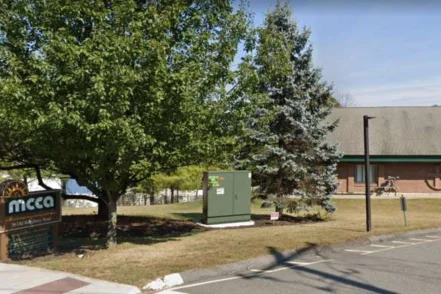 Connecticut
ConnecticutMCCA Midwestern Connecticut Council on Alcoholism McDonough House
38 Old Ridgebury Road Danbury, Connecticut 06810
-
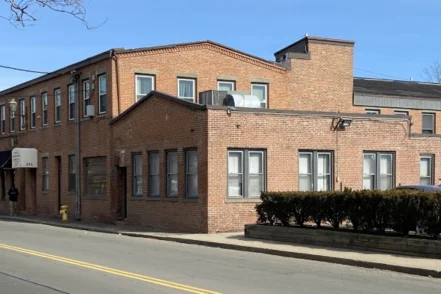 Connecticut
ConnecticutNew Era Rehabilitation Center New Haven
311 East Street New Haven, Connecticut 06511
-
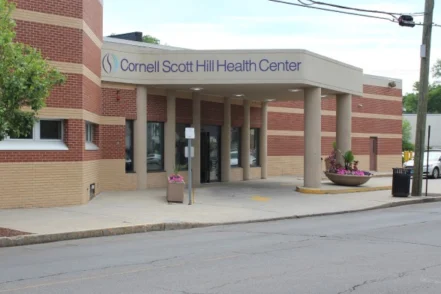 Connecticut
ConnecticutCornell Scott Hill Health Center 400 Columbus Avenue
400 Columbus Avenue New Haven, Connecticut 06519
-
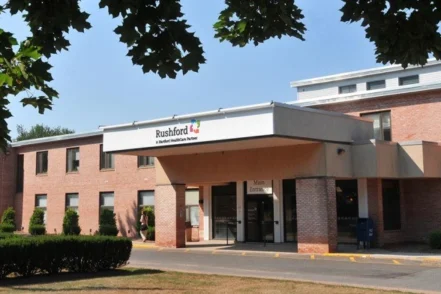 Connecticut
ConnecticutRushford Center Meriden
883 Paddock Avenue Meriden, Connecticut 06450
-
 Connecticut
ConnecticutMCCA Midwestern Connecticut Council on Alcoholism Waterbury
Murray Street 34 Waterbury, Connecticut 06710
-
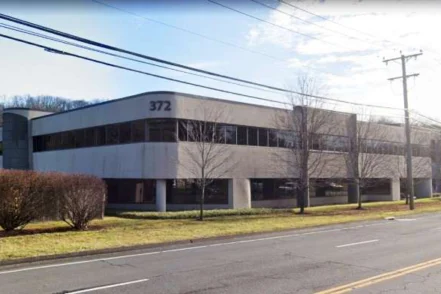 Connecticut
ConnecticutMountainside Wilton
372 Danbury Road Wilton, Connecticut 06897
-
 Connecticut
ConnecticutConnecticut Counseling Centers Inc
60 Beaver Brook Road Danbury, Connecticut 06810
-
 Connecticut
ConnecticutSilver Hill Hospital
208 Valley Road New Canaan, Connecticut 06840
-
 Connecticut
ConnecticutMountainside Treatment Center Canaan
187 South Canaan Road Canaan, Connecticut 06018